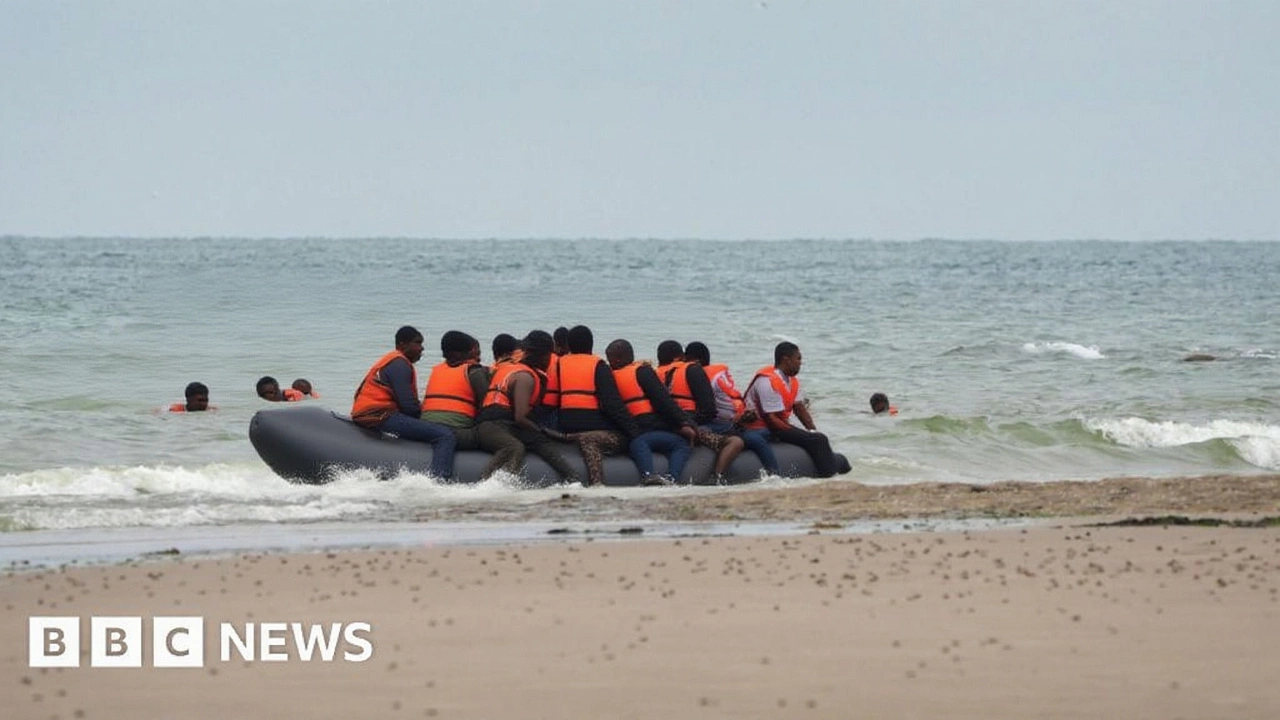The UK pauses new refugee family reunion applications from Sept 4, 2025 amid record asylum numbers, sparking criticism from charities and a review of policy slated for 2026.
Politics – UK Government Decisions, Policies and Current Debates
When you think about Politics, the arena where power, ideas and public interest clash to shape a nation’s future. Also known as public affairs, it drives everything from tax rates to immigration rules. Politics isn’t just a buzzword; it’s the engine that moves laws, budgets and the daily lives of citizens.
One of the most visible ways politics shows up is through Refugee Family Reunion, a program that lets people who have fled conflict join their loved ones in the UK. The scheme sits under the broader Asylum Policy, the set of rules governing who can stay, for how long and under what conditions. When Parliament tweaks these rules, the impact is felt at the kitchen table of families waiting to reunite.
Behind the headlines, the Home Secretary, the senior minister responsible for immigration, security and law enforcement in the UK holds the keys to change. The Home Secretary decides whether to tighten or relax the criteria for refugee family reunions, and that decision directly influences the asylum system’s workload. In recent weeks the Home Office announced a pause on new refugee family reunion applications starting 4 September 2025, a move that sparked debate across the political spectrum.
How Politics Shapes Refugee Policy and Public Reaction
Politics encompasses policy formation, which requires balancing humanitarian concerns with public opinion and fiscal limits. The recent pause on refugee family reunions illustrates three core connections: Politics influences government decisions, government decisions affect asylum law, and asylum law determines the fate of refugees seeking reunification. These semantic triples—"Politics influences government decisions", "Government decisions shape asylum law", "Asylum law impacts refugee family reunion"—show how each layer relies on the one before it.
Critics argue that the pause contradicts the UK's international obligations, while supporters claim it gives the Home Office time to review a system that is being overwhelmed by record asylum numbers. The debate highlights another key relationship: public pressure can force politicians to revisit policies, and policy revisions can, in turn, shift public sentiment. When charities like the Refugee Council speak out, they add another voice to the political conversation, nudging lawmakers toward more compassionate solutions.
Understanding these dynamics helps you read the news with a clearer lens. Instead of seeing the pause as an isolated event, view it as part of a larger political cycle: a policy change triggered by rising asylum claims, examined by the Home Secretary, debated in Parliament, and eventually refined through legislation. This cycle repeats across issues—whether it’s climate action, health care funding, or education reform—showing that politics is the connective tissue linking every public decision.
Below, you’ll find a curated set of articles that dive deeper into the current political landscape. From analysis of the Home Secretary’s latest moves to expert commentary on the future of refugee family reunions, the collection gives you the context you need to stay informed and form your own opinions. Let’s explore how these threads come together and what they mean for the UK’s political future.
